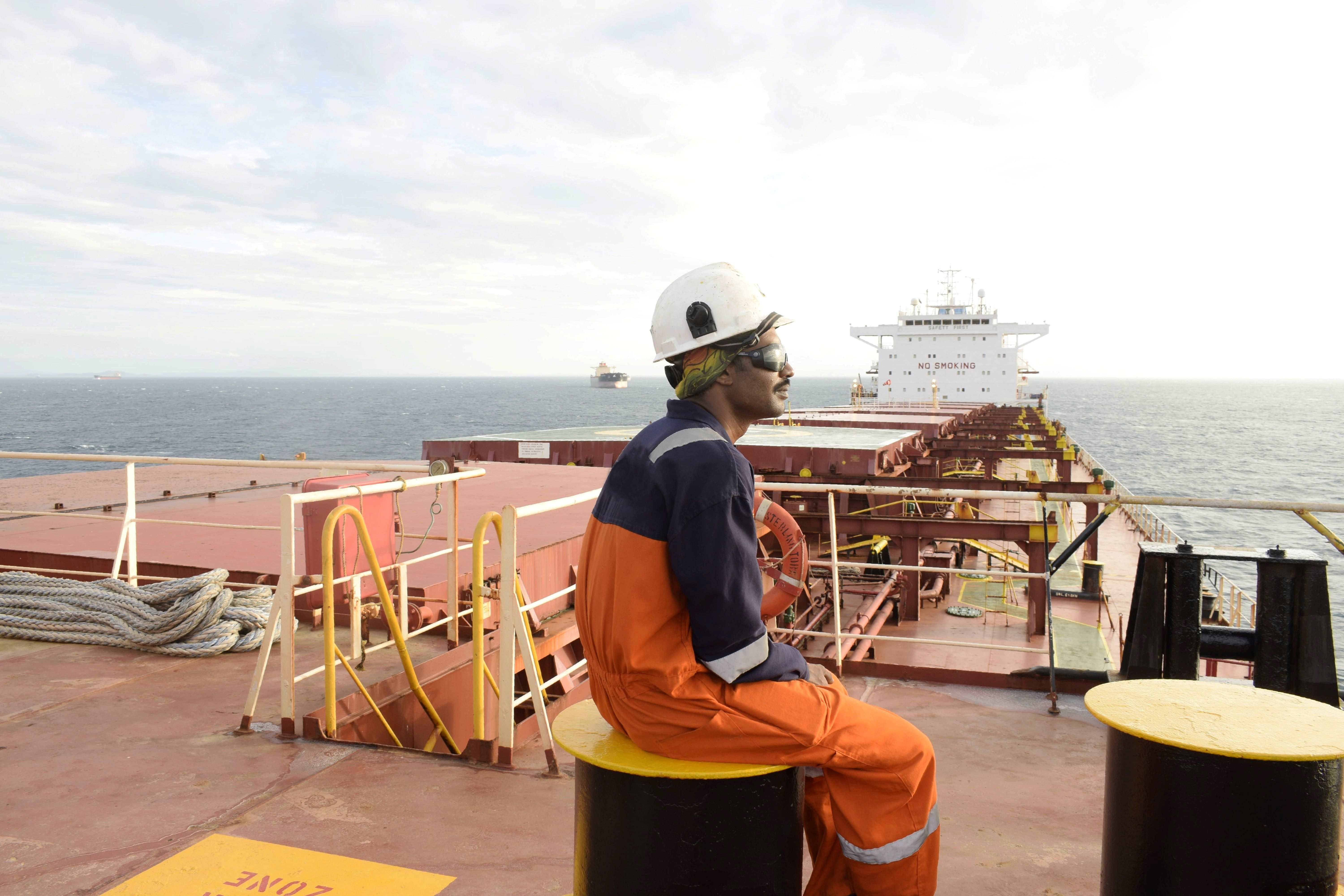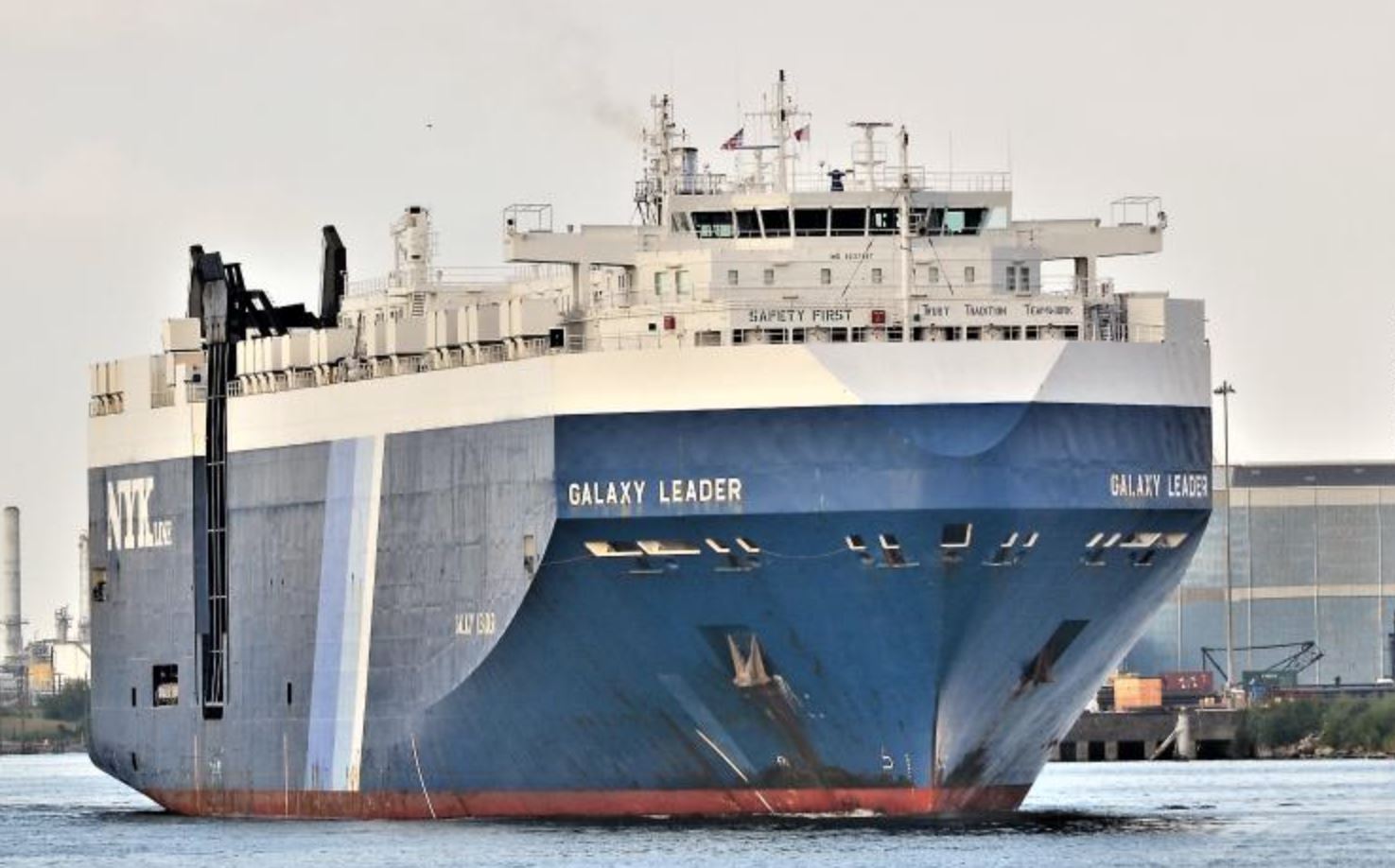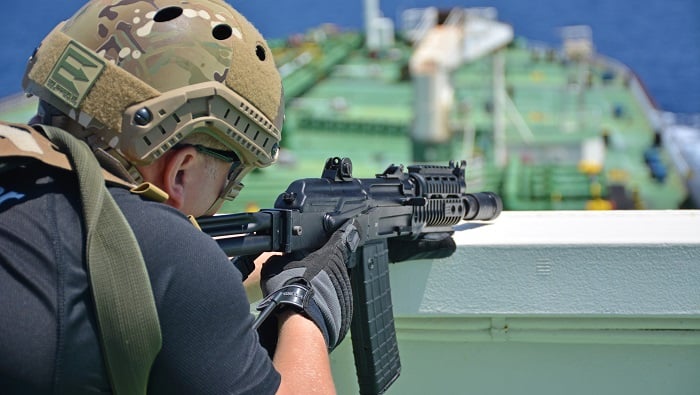Seafarer wellbeing under threat amid geopolitical conflict
Leadership Insights newsletter story

Shipping charities and unions have aired concerns that seafarer safety and well-being is being overlooked as they get caught in the crosshairs of geopolitical conflict in the Gulf of Aden, Red Sea and Bab el-Mandeb Strait.
The missile attack on True Confidence on 6th March, which resulted in the tragic loss of three crew, realised the worst fears of many in the industry. However, while attacks on ships in these regions continue to disrupt the supply chain and threaten crew welfare, there are concerns that mainstream media’s focus on the financial implications of these geopolitical events is overshadowing the impact on seafarers.
“People talk about the cost of ‘going round’. But what’s the cost of risking lives on the Red Sea?”, asked Stephen Cotton, general secretary of the International Transport Workers’ Federation (ITF) in conversation with ICS Leadership Insights. “Every day, Houthi attacks are putting the lives of innocent, hard-working seafarers in danger. Yet their voices have been pitifully absent in how conflicts and crises are reported”, he said.
Sailors’ Society’s CEO, Sara Baade, expressed similar concerns to ICS Leadership Insights, stating that supply chain issues and financial costs of rerouting ships have been the main focus of media coverage. “There is [also] an acute human cost,” she said. “Seafarers did not sign up to be shot at, yet that is what they are facing. We are speaking to crews who are travelling through the Bab el-Mandeb Strait and they are extremely anxious.”
Boet Van Schalkwyk, one of Sailors’ Society’s global team of trained responders, who has been speaking to seafarers as part of the organisation’s Ship Connect programme, said: “It’s the stress of not knowing that has …. pushed up anxiety levels and affected everybody onboard.”
ITF’s ‘right to refuse to sail’ agreement with employers may result in more ships ‘going round’ if seafarers voice concerns about transiting through the area. However, it is also exploring ways to provide seafarers with dedicated helplines for mental health support and has reminded employers of the need to ensure seafarers have proper connectivity so they can communicate with their loved ones.
Such welfare support networks are vital and the international community is also taking steps to safeguard trade and reassure ship owners and crew. It continues to bolster naval activity in the region and the deployment of the European Union´s Naval Force (EUNAVFOR) Operation Aspides will enhance the protection of ships targeted by sea and air attacks, augmenting the naval assets already on station through Operation Prosperity Guardian and independent deployers.
While noting shipping’s inability to shape the ongoing geopolitical events, Roy Khoury, CEO of Blue Fleet Group, operator of the Rubymar – which sank on 2 March after being struck by missiles on 18 February – stressed that leadership, crew training and trust between ship and shore-based personnel can help mitigate risk. “Our crews perform firefighting, damage control, and lifeboat deployment drills twice a week to ensure preparedness and readiness in case of any emergency. There was no panic on board, and the crew took a strong stand in facing the situation. When they decided to abandon ship, the owner agreed – there was no argument, no disagreement”, he told ICS Leadership Insights.
There were no casualties on board the Rubymar and the crew was safely evacuated to Djibouti and subsequently repatriated on Tuesday, 20th February. However, the ship’s leaking fuel oil and cargo of ammonium phosphate sulphate fertiliser now pose grave environmental risks to marine life, and the livelihoods of coastal communities. During a conference in Doha on 5th March, George Wikoff, the head of the US Navy’s Fifth Fleet, also noted that the ship itself also “presents a subsurface impact risk” to other ships navigating the Red Sea.
ICS’ previous statement on the security situation in the Red Sea, condemned unacceptable acts of aggression, which continue to threaten the lives of innocent seafarers and the safety of merchant shipping. The maritime industry also continues to express its concern for the crew of the Galaxy Leader, held hostage since 19th November 2023, and calls on the Houthis to release them.
The Sailors’ Society continues to reach out to crews and their families affected by geopolitical turmoil through its helpline, Crisis Response Network and chaplaincy support. As noted by Van Schalkwyk: “They are aware that we are on 24/7 standby – they know our numbers, and they use them.”
Related content

Shipping industry calls for release of Galaxy Leader crew still held captive

Leadership Insights series: Seafarer Health & Wellbeing

Insurance and security crucial as Black Sea grain corridor opens
